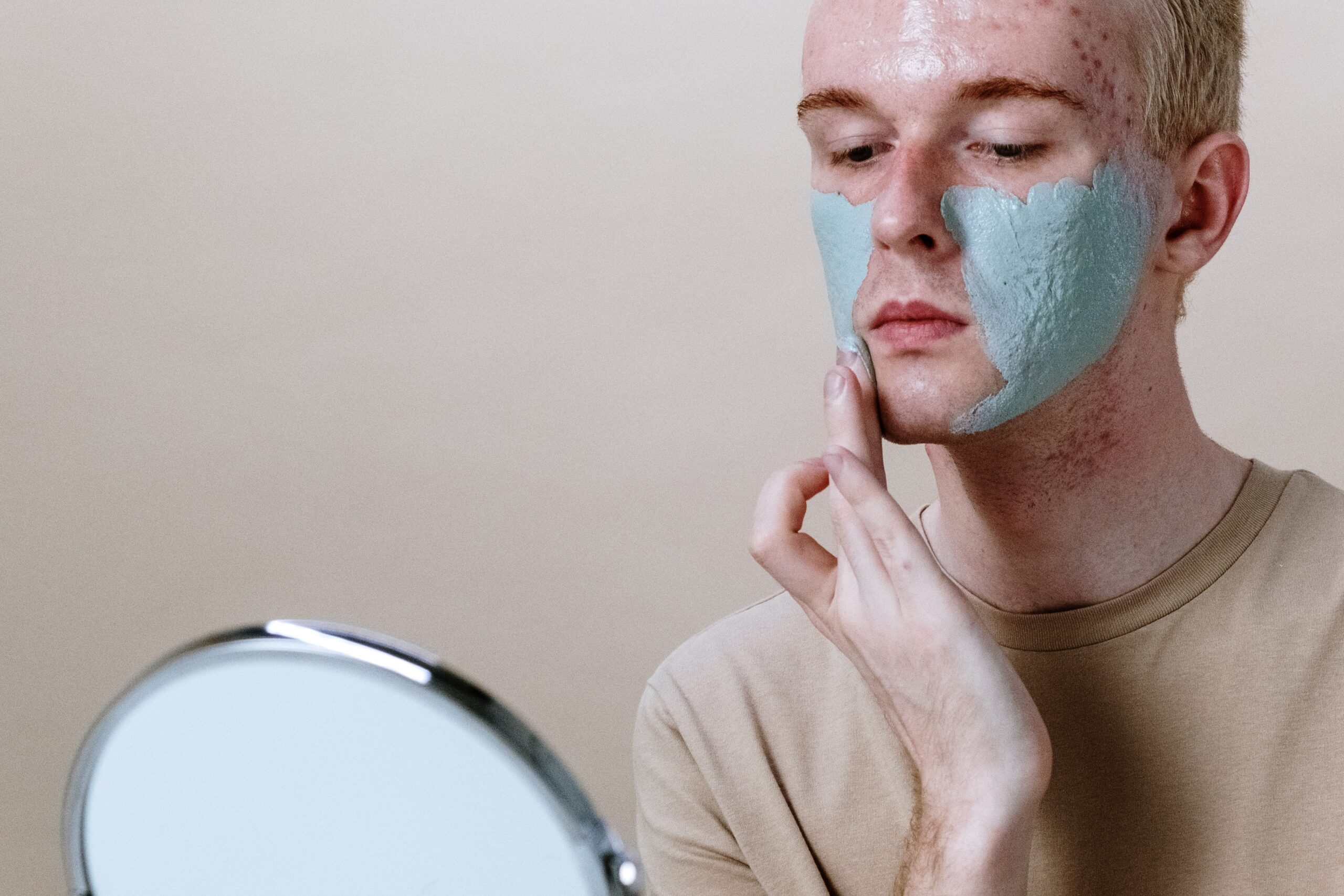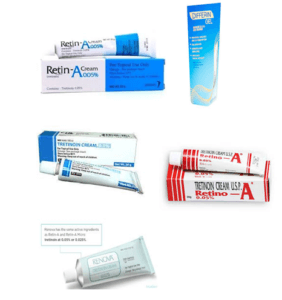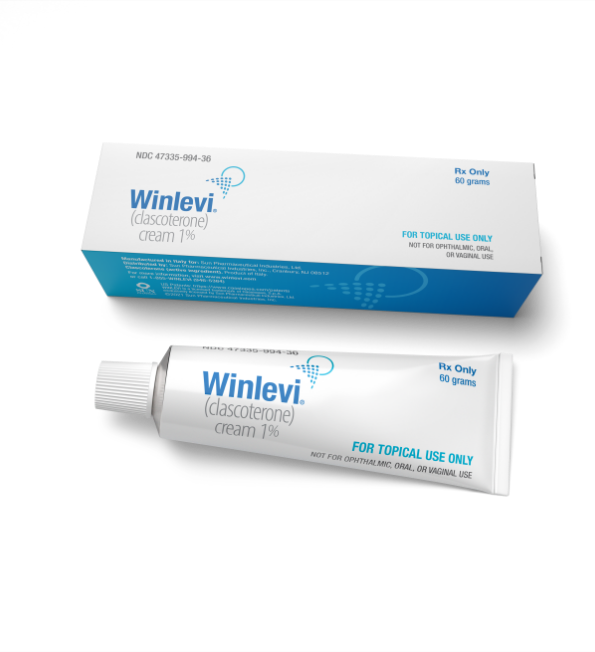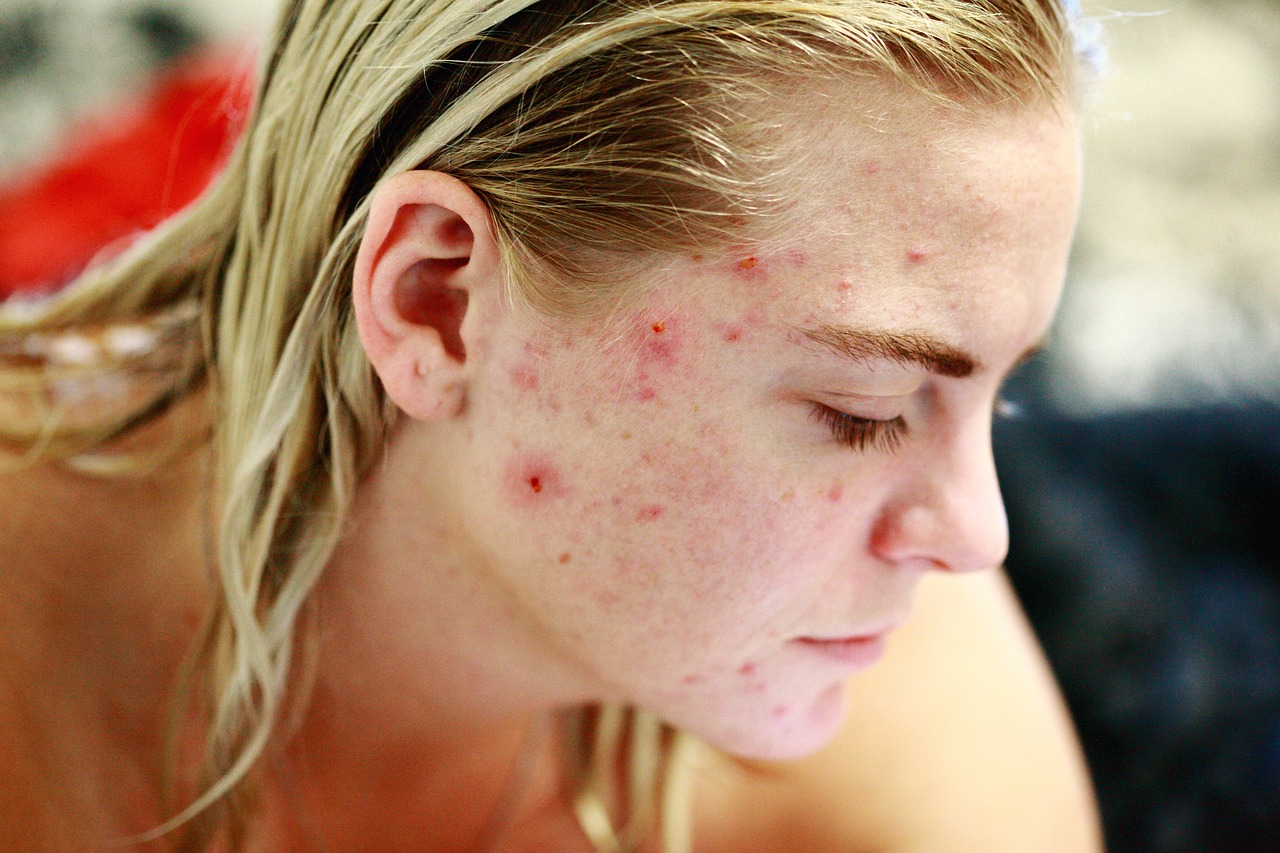
Topical Retinoids
How Does Retinol Work?
Retinol is a potent skincare ingredient that plays a crucial role in acne treatment. It works by influencing the growth process of skin cells and significantly reducing inflammation. When you first start using a retinol-based product, you might notice that your acne appears to worsen. However, this is a typical initial reaction, and actual improvement usually begins after 2 to 3 days. For the best results, it’s important to continue using retinol for about 8 to 12 weeks.
In the past, retinol was strictly a prescription-only treatment, often prescribed by dermatologists. Nowadays, products like Differin Gel have made topical retinoids accessible as over-the-counter options. These are available not just as topical creams or gels but also in oral medication forms. They are particularly effective for treating moderate to severe acne by enhancing the way skin cells grow and shed, thereby reducing follicular blockages.

Topical retinoids can be used in combination with other acne treatments, such as benzoyl peroxide or oral antibiotics, to boost their effectiveness. They also have the added benefit of helping the skin absorb other prescription medications more efficiently. Moreover, they can reduce skin discoloration and the redness associated with inflammation.
The efficacy of topical retinoids in treating cystic acne is well-supported by extensive research. They work by decreasing obstructions in the affected hair follicles, making them highly useful for treating different kinds of acne, including both comedonal and inflammatory types.
Side Effects of Retinoids
While highly effective for treating acne, topical retinoids do have some drawbacks. One of the main concerns with long-term use is that it can lead to extreme skin dryness and irritation. Additionally, these products can make your skin more sensitive to sunlight, increasing the risk of sunburns if proper sun protection isn’t used.
Differin Gel is a popular choice among topical retinoids. It’s known for its effectiveness, but it’s also known to cause a fair amount of skin dryness and irritation. Originally a prescription-only treatment, Differin has now been made available in over-the-counter formulations, making it easier to access at local drug stores.
Compared to oral retinoids, topical versions generally have milder side effects. However, it’s important to note that they are not usually recommended for certain groups, such as pregnant women and breastfeeding mothers, due to potential risks.
- Approximate cost of 1 tube of tazarotene gel: $335-$360 (GoodRx_Tazorac).
- Approximate cost of 1 tube of tretinoin cream: $50-$225 (GoodRx_Tretinoin).
- Approximate cost of 1 tube of adapalene gel: $60-$165 (GoodRx_Adapalene).
Latest articles


Hormonal Acne Treatment with Topical Creams

Cystic Acne on the Back: Best Treatment Options

Top Supplements for Treating Cystic Acne
